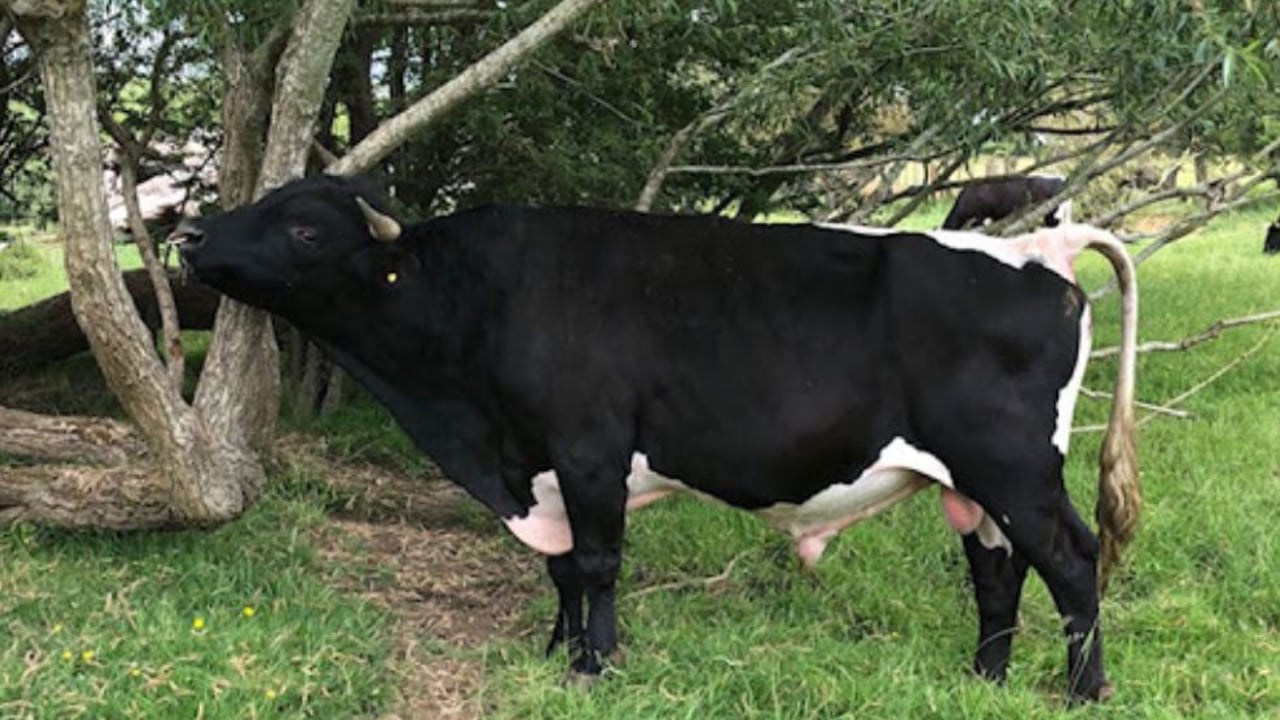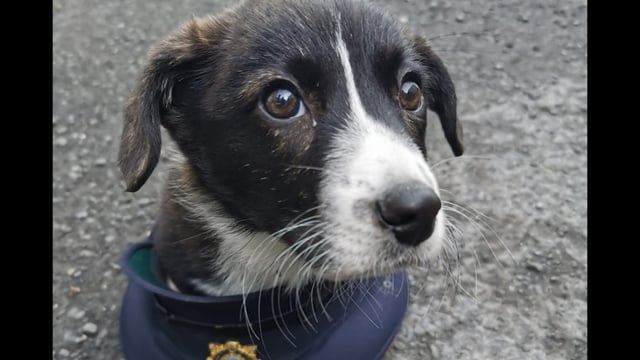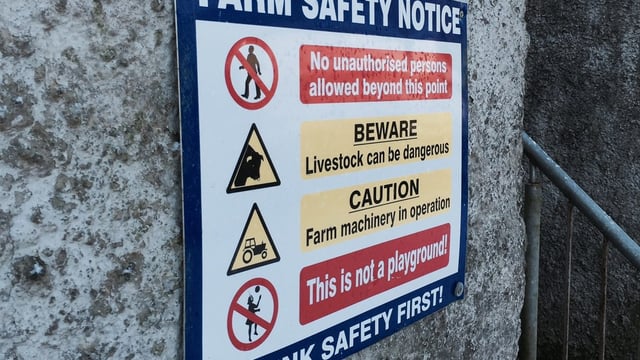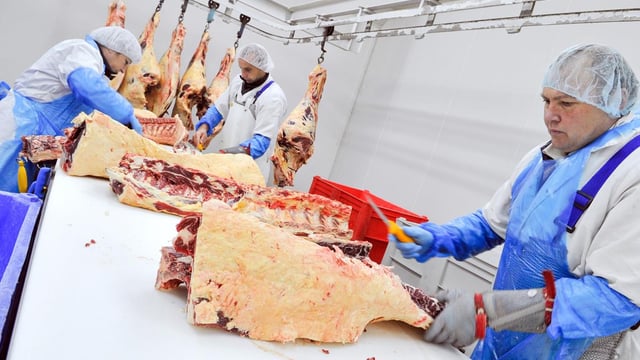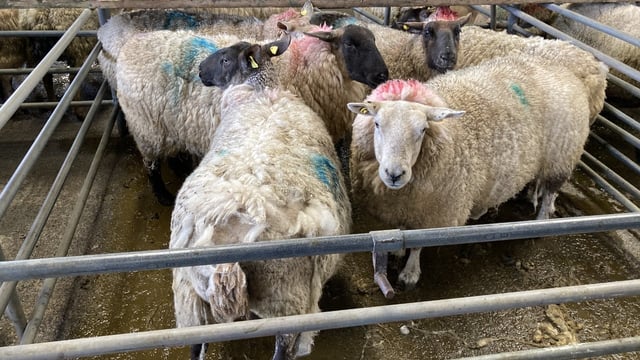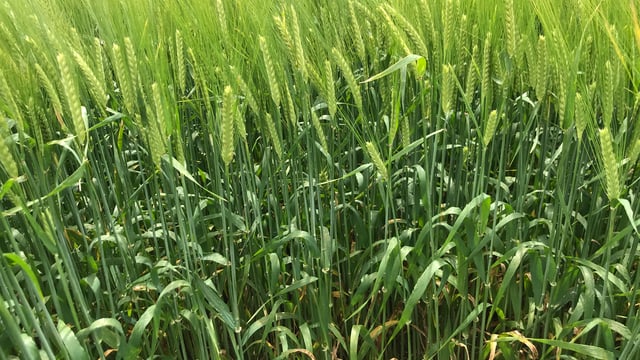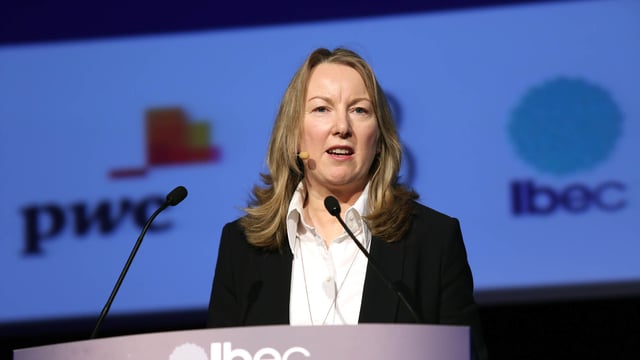RBST Watchlist: 75 of the UK's rarest breeds listed as 'high priority'
A total of 75 native UK livestock and poultry breeds - including the cattle breed behind the world's first vaccine - have been identified as 'high priority' lines on the Rare Breeds Survival Trust's new watchlist.
The RBST works across the UK to save and safeguard the future of rare and native livestock and equine breeds, and its watchlist is the annual situation report for these breeds.
The methodology behind the list has also been updated this year to give a more encompassing view of each breed’s outlook, reflecting measures of the genetic diversity within each breed - rather than simply counting the number of breeding females registered, as was previously used.
RBST Watchlist
Breeds identified to be most at risk had trends of very low populations as well as a lack of genetic diversity.
Four ovine, six bovine, seven equine, six porcine, two caprine, and 50 poultry breeds were all identified as being of highest priority.
They include:
The RBST watchlist takes on a new format for 2021, reflecting growing recognition among farmers and smallholders of the commercial potential and environmental importance of the UK’s rare breeds of livestock and equines.
The outlook for many of the UK’s rare native breeds has remained broadly unchanged, thanks to continuing interest from new breeders, the commitment of dedicated Breed Societies, conservation programmes at the 25 RBST-accredited farm parks, and generous public support for RBST’s work.
However, as RBST chief executive Christopher Price explained the effect of the pandemic is yet to be seen.
“Farming with rare and native breeds has become increasingly attractive over the past few years, as consumers place a premium on great tasting, locally-sourced meat that is kind to the natural environment and based around high standards of animal welfare," he said.
"At the same time, we have seen government policy starting to reflect the value of our native breeds to maintaining our natural environment and promoting biodiversity.
"However, there are breeds in all our livestock and equine categories which remain a priority, and we are working closely with breed societies and RBST-accredited farm parks to improve their position with vital conservation programmes.
“Last year’s births were largely the result of pre-pandemic breeding programmes so we will be keeping a very close eye over the coming months on the impacts of last year’s restrictions - particularly on the equine breeds,” he concluded.

